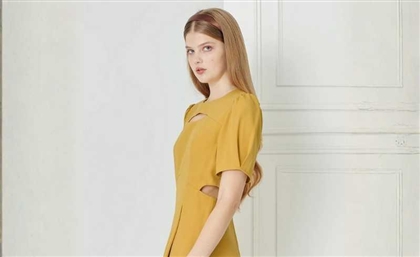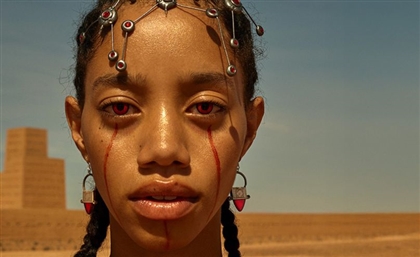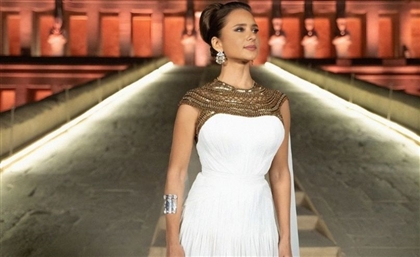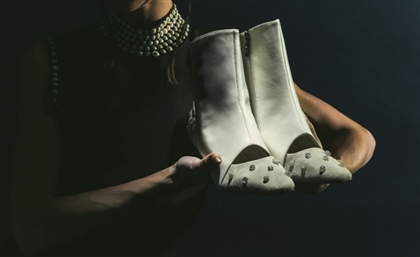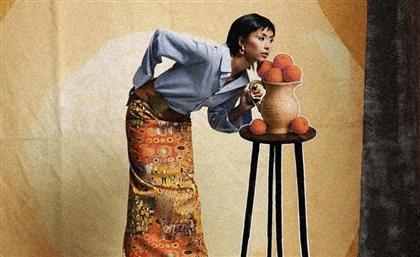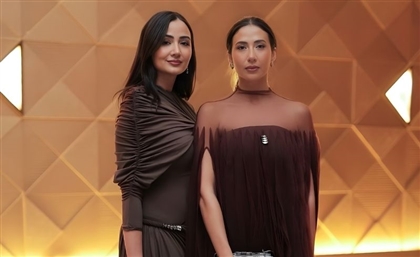Museum of Islamic Art Doha Hosts Exhibition for Safavid Iran’s Fashion
The exhibition, which is running until June 22nd, will also include contemporary pieces from local Qatari designers.
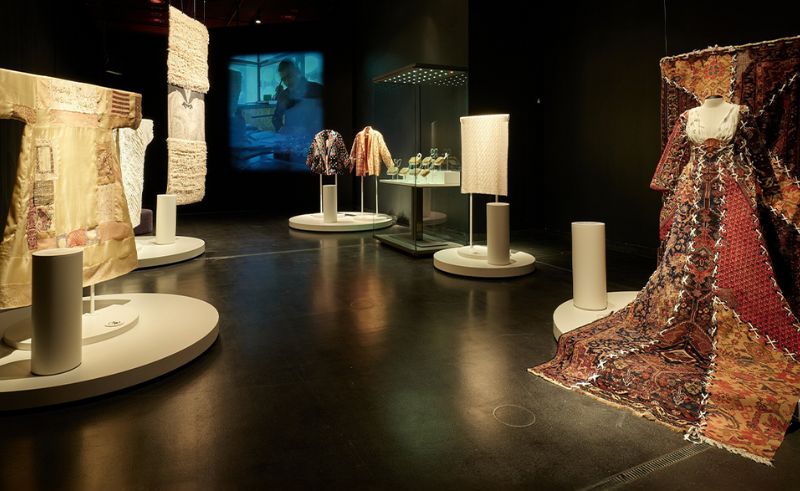
The Museum of Islamic Art (MIA) in Doha, Qatar, is currently hosting ‘Fashioning an Empire: Textiles from Safavid Iran’, an exhibition that offers a comprehensive exploration of silk production during the Safavid dynasty (1501-1736 CE).
Running until June 22nd, ‘Fashioning an Empire’ delves into the historical and cultural context surrounding silk in the Safavid period. The exhibition not only displays exquisite textiles, but also details the complex process of silk manufacture, a skill long revered in the region. Silk served as a crucial economic pillar for the Safavids, while fashion functioned as a significant social indicator. Within this diverse society composed of various backgrounds and ethnicities, garments served as a means of expressing social status and individual identity.
Structured across four sections, the exhibition begins by exploring the establishment of the silk monopoly and state-sponsored production, highlighting the technical aspects of textile creation. Followed by a peek into the rise of Isfahan as the imperial capital, and a section dedicated to Safavid society's fashion and trends during Shah Abbas's reign. The fifth Safavid Shah oversaw a flourishing silk industry and brought it under state control.
The final section features contemporary pieces commissioned from local designers. Marking the first collaboration between the museum and M7, Qatar’s hub for entrepreneurship and innovation in fashion and design, the exhibition invited five designers to create new works inspired by the materials, patterns and styles of 17th century Iran. The resulting collection features a range of pieces, from clutches and coats to carpets. Sustainability is addressed by some designers through the use of recycled materials, while all the works exemplify traditional craftsmanship, with a touch of modern design sensibilities.
- Previous Article Styled Archives: The Fatouta Suit
- Next Article Monochrome Monday: The Electric Blue Edition
Trending This Month
-
Nov 08, 2025


